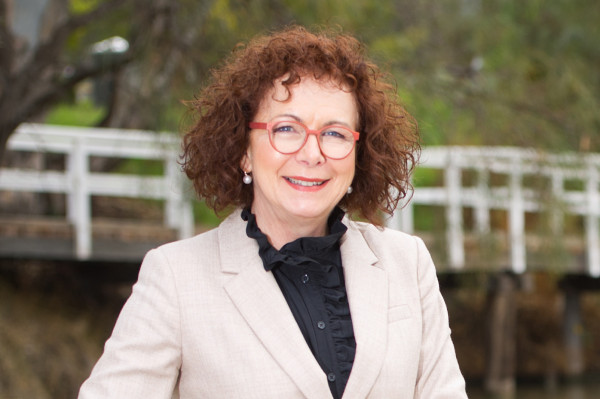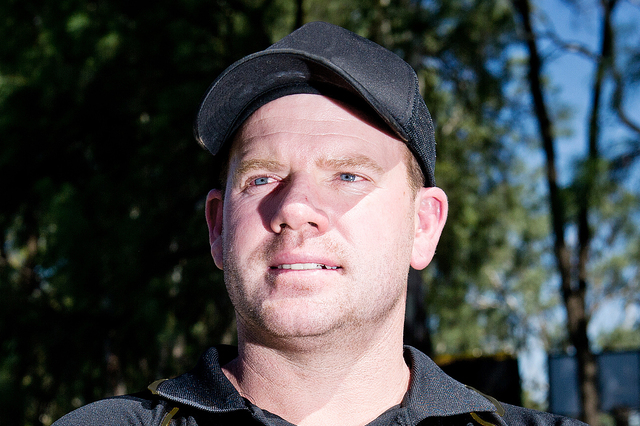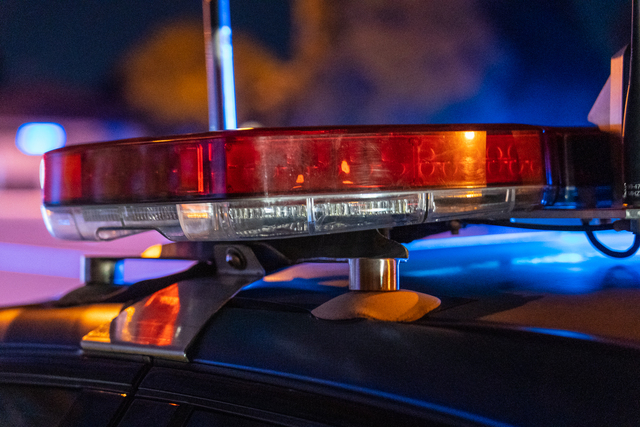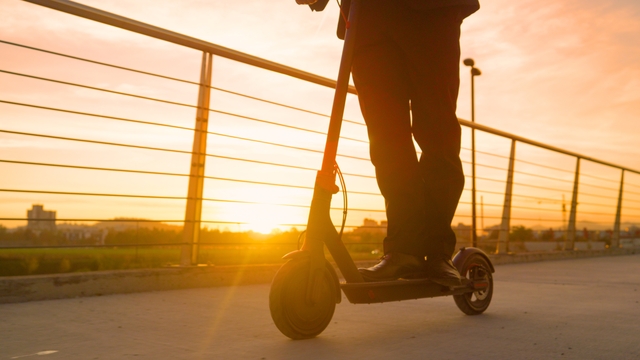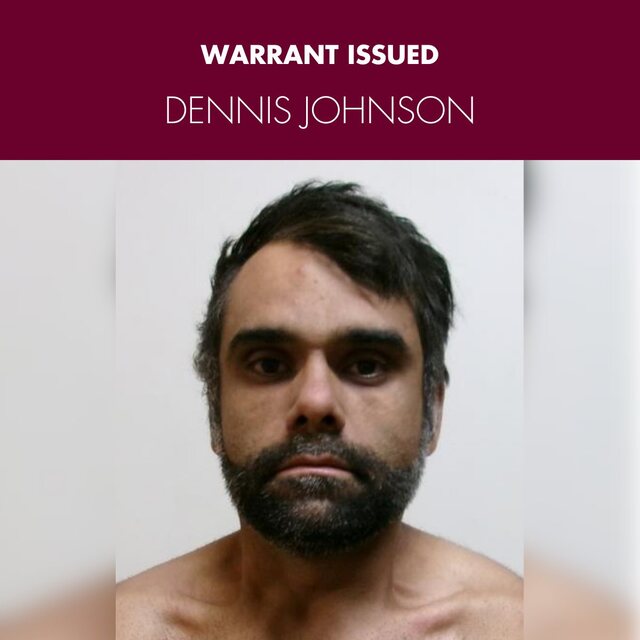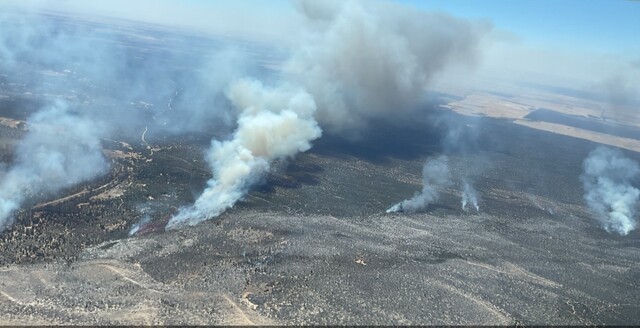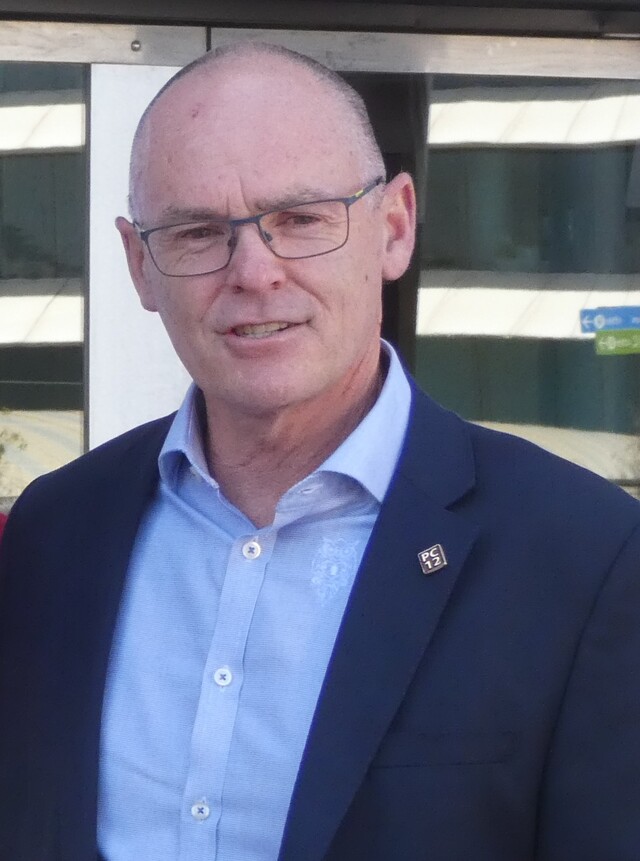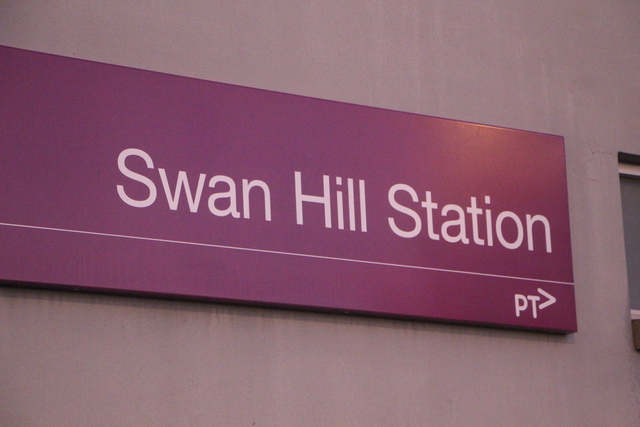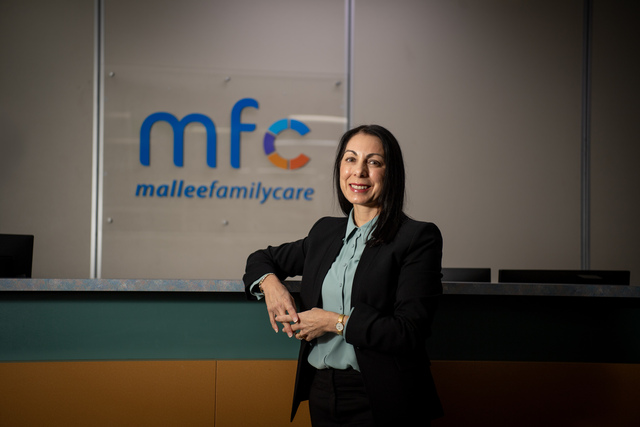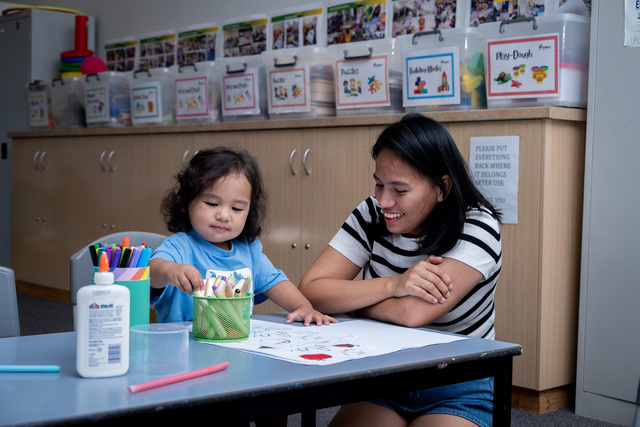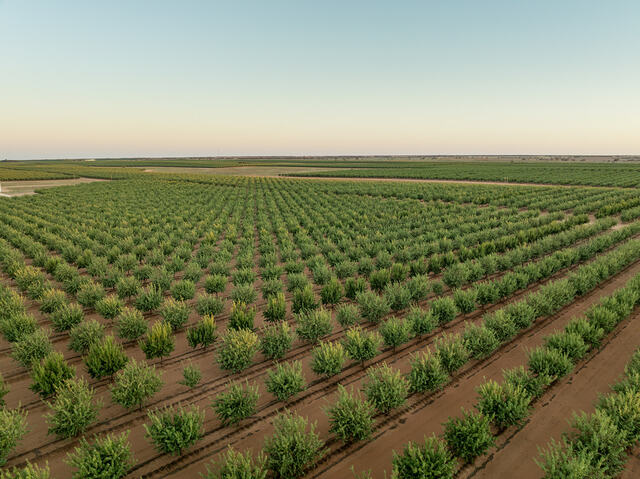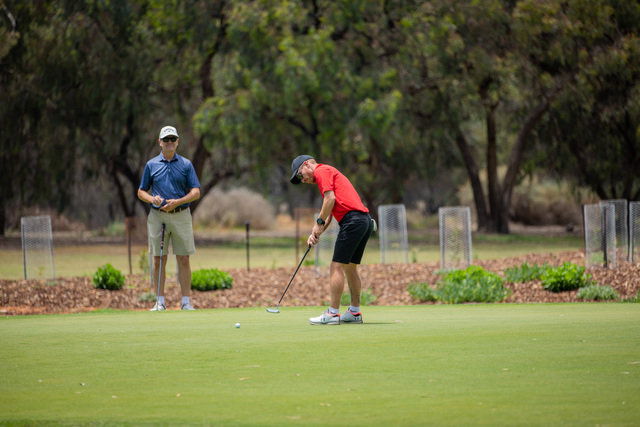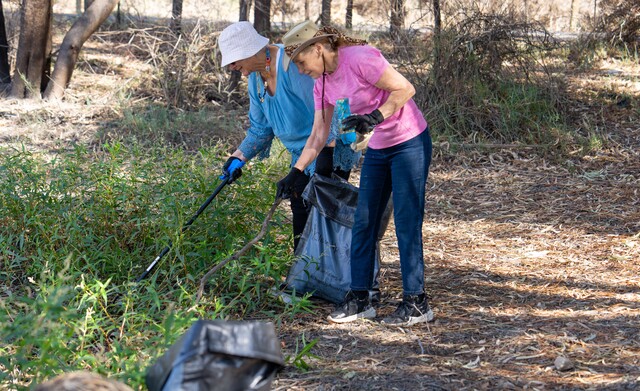ANNE Webster says the recent de-platforming of former US president Donald Trump, where his accounts were suspended by social media companies including Twitter and Facebook in the wake of an insurrection at the US parliament, was a “watershed moment” in the debate around free speech and censorship online.
The Member for Mallee believes now is the time to have the discussion about who is responsible for content posted online, rather than letting tech companies be “the moral arbiters of our society”.
“With social media platforms, we arrived there before we realised there was going to be areas of risk that we need to manage, and now we have to catch up,” she said.
“I’m not into big government, I do believe in private enterprise.
“As a government, my question is: what is our remit in this area, and what is private enterprise? Facebook, Google, Twitter, YouTube, the gamut would say this is a private enterprise issue – and some of my colleagues say that too.
“But there is a responsibility for government to ensure that citizens are safe when they engage online.”
It’s one of the reasons she started a Parliamentary Friends group focused on making social media safe.
“We don’t set up a group like that because we’ve got all the answers, we set it up because we’re really passionate that this is a really important area,” Dr Webster said.
“I’m increasingly concerned about the bullying and the behaviour of some online.”
Dr Webster herself is one of those who have been impacted by damaging online content – she and her husband went through an arduous court process last year after a conspiracy theorist accused them of being part of a paedophile ring.
“I’ve had my own personal experience and going through court and a defamation case is not only incredibly costly, but it’s time consuming and energy sapping,” she said.
“Most people don’t have time or funds to pursue that.
“I personally believe, at this point in time … that we need to be making these social media platforms accountable as publishers, so they will face the law without these unbelievably long court cases.”
That would mean sites like Facebook and Twitter would be held to the same standard as traditional media outlets, like newspapers, for what is published on their domain.
But not everyone agrees on where the buck should stop.
“The crux of the issue is freedom of speech,” Dr Webster said.
“It is a tenet of our democracy. We value it, and we must value freedom of speech.
“But the fact is that we have a responsibility – and who has that responsibility? Is that government, is it private business, is it the person who wrote it?”
They’re questions that federal parliament, spearheaded by Dr Webster’s parliamentary friends group, will tackle this year as they work towards creating legislation to deal with the social media behemoth.
“It really shapes up to be one of the key issues going forward in 2021,” Dr Webster said.
“The opportunity is here for us to really grab it with both hands and make significant change.”

